PROTECT YOUR DNA WITH QUANTUM TECHNOLOGY
Orgo-Life the new way to the future Advertising by AdpathwayA recent advertisement launched by a group of social justice rabbis has stirred controversy ahead of the New York City mayoral election. The group called “Jews for Zohran,” advocating for mayoral candidate Zohran Mamdani, includes several figures whose activism has drawn both attention and criticism.
Rabbi Abby Stein, a prominent voice in the ad, is known not only for her religious leadership but also for her activism that has often sparked debate. Notably, Stein was removed from a White House event after taking the opportunity to call for a ceasefire in Gaza during an address by First Lady Jill Biden. This incident illustrates her commitment to her cause, even at the expense of decorum. In her own words, she asserts that Jews and rabbis should stand for the thriving of all people, aligning with Mamdani’s vision.
Others featured in the advertisement, such as Emily Cohen, Miriam Grossman, and Rachel Goldenberg, share a similar ethos. Their statements in the ad emphasize a belief in social justice as central to their faith. However, this has not shielded them from scrutiny. Abraham Foxman, former head of the Anti-Defamation League, described JFREJ as being “out of touch,” reflecting a disconnect with many in the Jewish community regarding issues like support for Israel and broader concerns about community safety.
Emily Cohen’s background is notable for its blend of community engagement and social activism. Her experiences—from organizing wilderness trips to advocating for social justice during events such as the George Floyd protests—exemplify a deep commitment to intertwining Judaism with contemporary issues. She has documented her activism online, illustrating a proactive stance that places her at the intersection of faith and civil rights.
Rabbi Miriam Grossman adds another layer to this group’s identity. She has been vocal about what she perceives as the permissibility of abortion within Jewish texts, a position that challenges traditional interpretations. Grossman has also engaged with environmental issues, highlighting the need for Jewish communities to address historical injustices faced by Native Americans—further showcasing her focus on social inequality.
Goldenberg, the fourth rabbi involved, founded Malkhut, a progressive Jewish community aimed at fostering spiritual and social justice efforts. Her work signifies a movement within Judaism that prioritizes an inclusive approach to spiritual practices, melding spiritual expression with activism.
As this group rallies support for Mamdani, looming questions arise about their positions and the implications for community dynamics. The campaign’s messaging, while resonant with some, may alienate others who prioritize different interpretations of Jewish identity and safety, especially in the context of Israel and its geopolitical challenges.
In a political landscape heavily influenced by social issues, figures like Stein and her fellow rabbis are attempting to redefine the nature of Jewish advocacy. They advocate for a vision of Judaism that embraces progressive values, pushing against more traditional narratives. However, this tension highlights a broader divide within the community about how best to represent Jewish interests in an increasingly complex societal framework.
As the election draws near, the effectiveness of the “Jews for Zohran” initiative in garnering votes remains to be seen. Their campaign provides a glimpse into how religious identity is being shaped by activism and social issues, reflecting a significant shift in the dialogue surrounding what it means to be a member of the Jewish community today.
"*" indicates required fields


 3 days ago
4
3 days ago
4

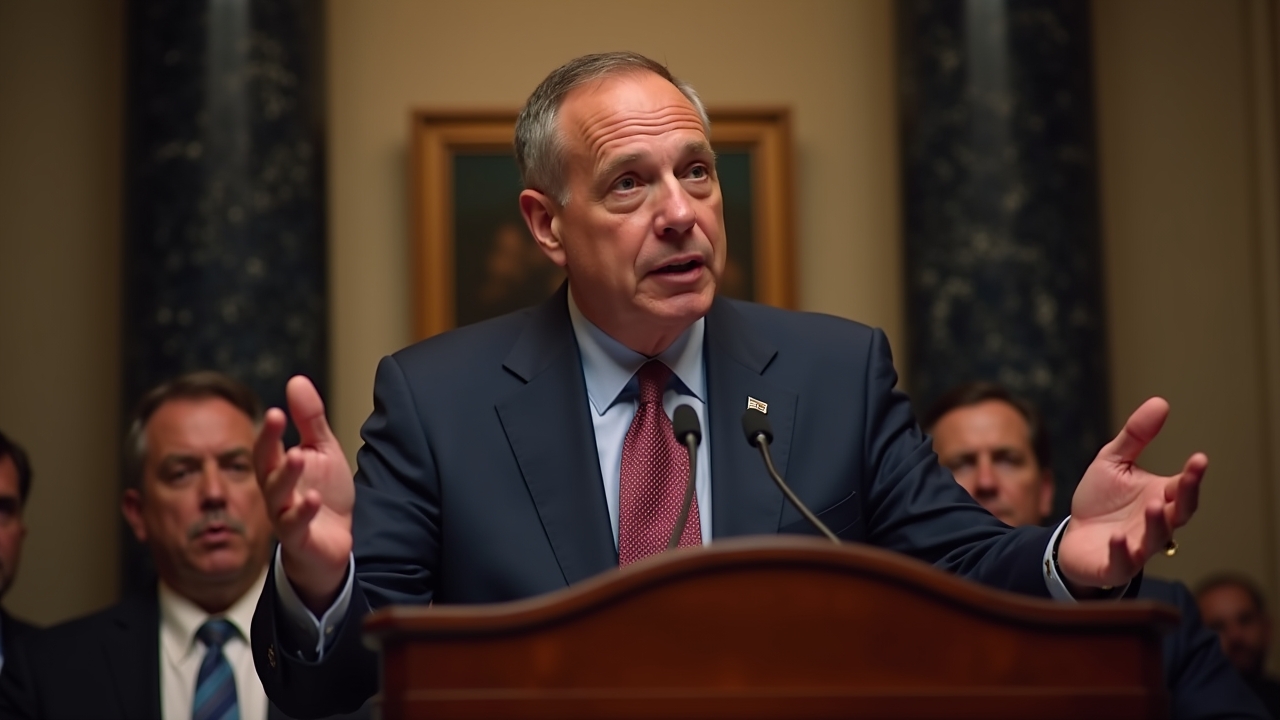
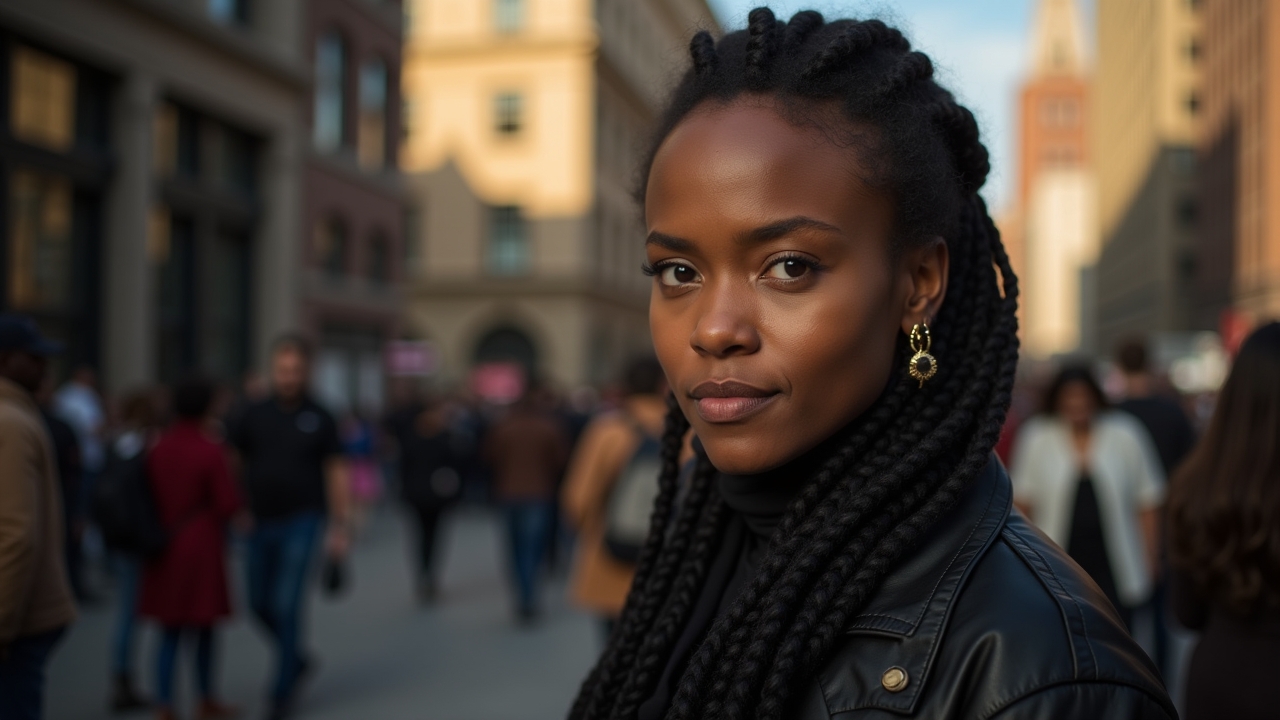
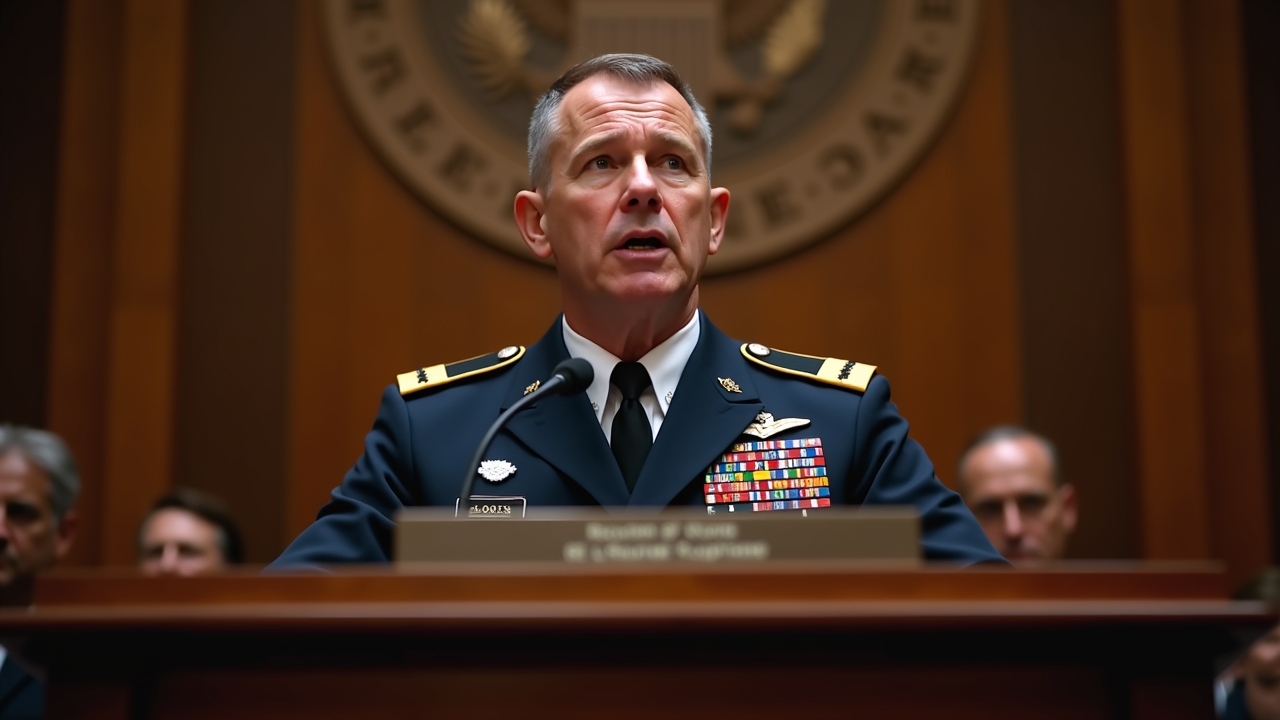
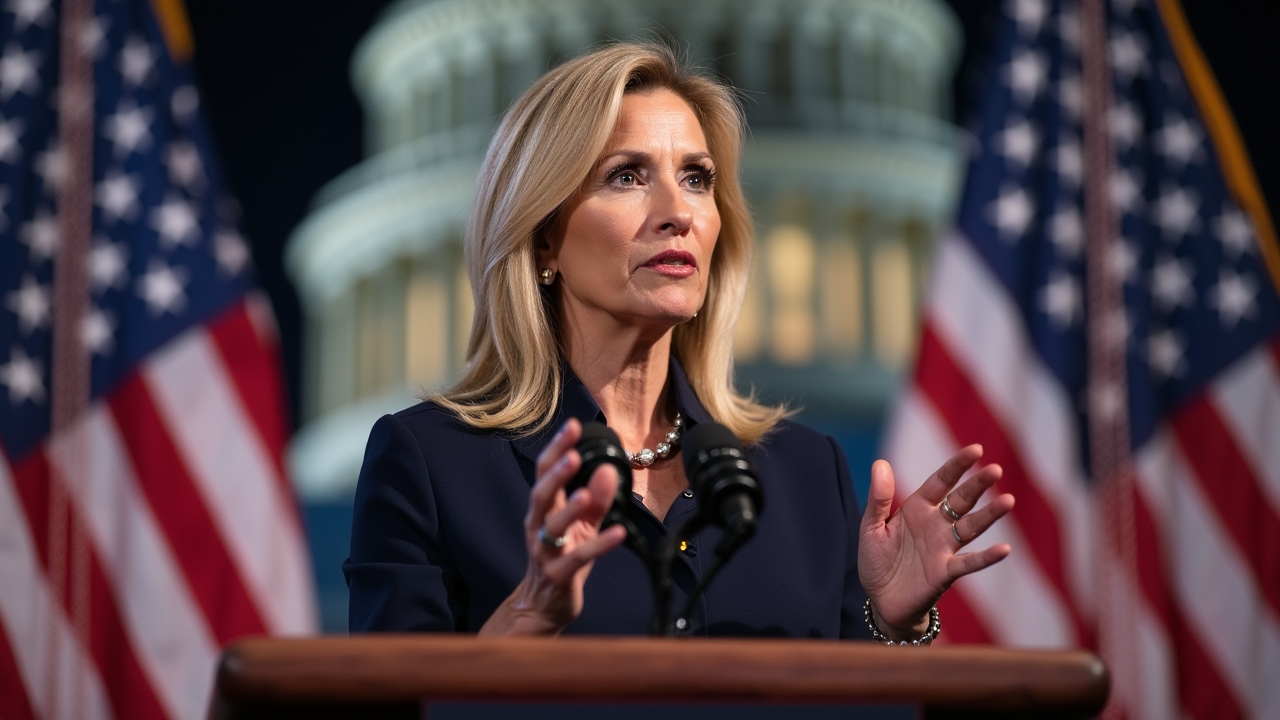
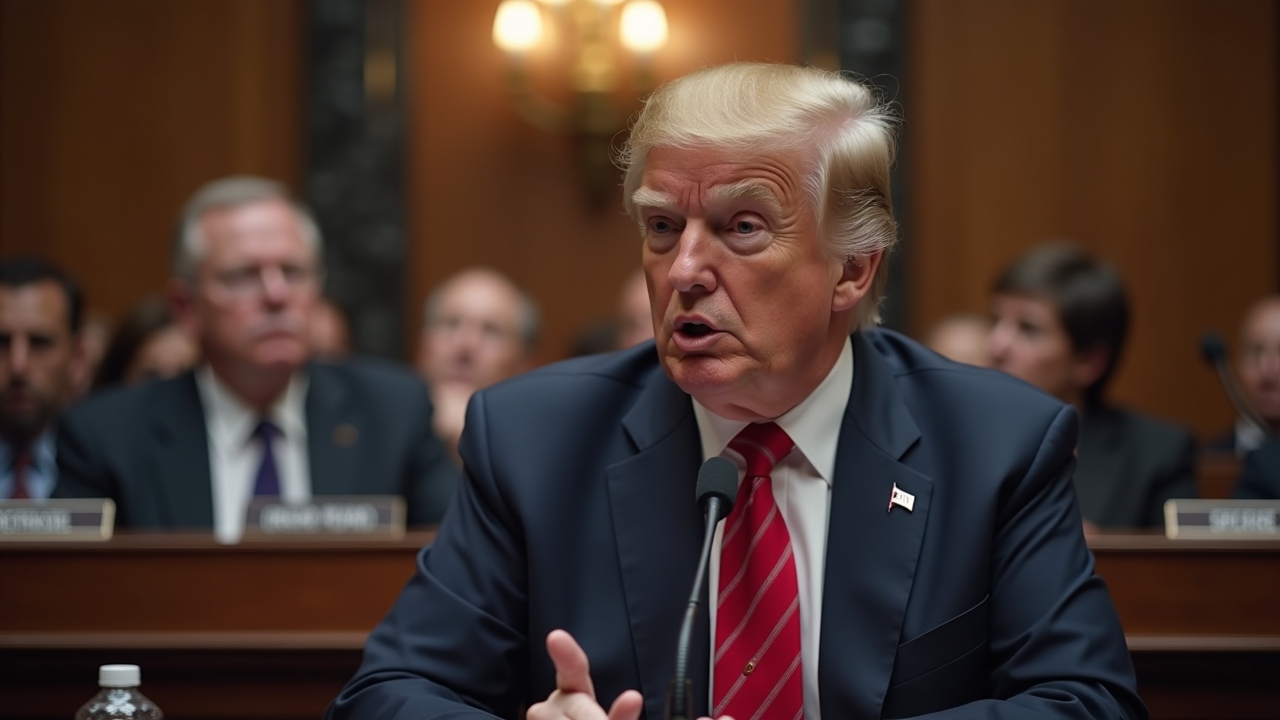
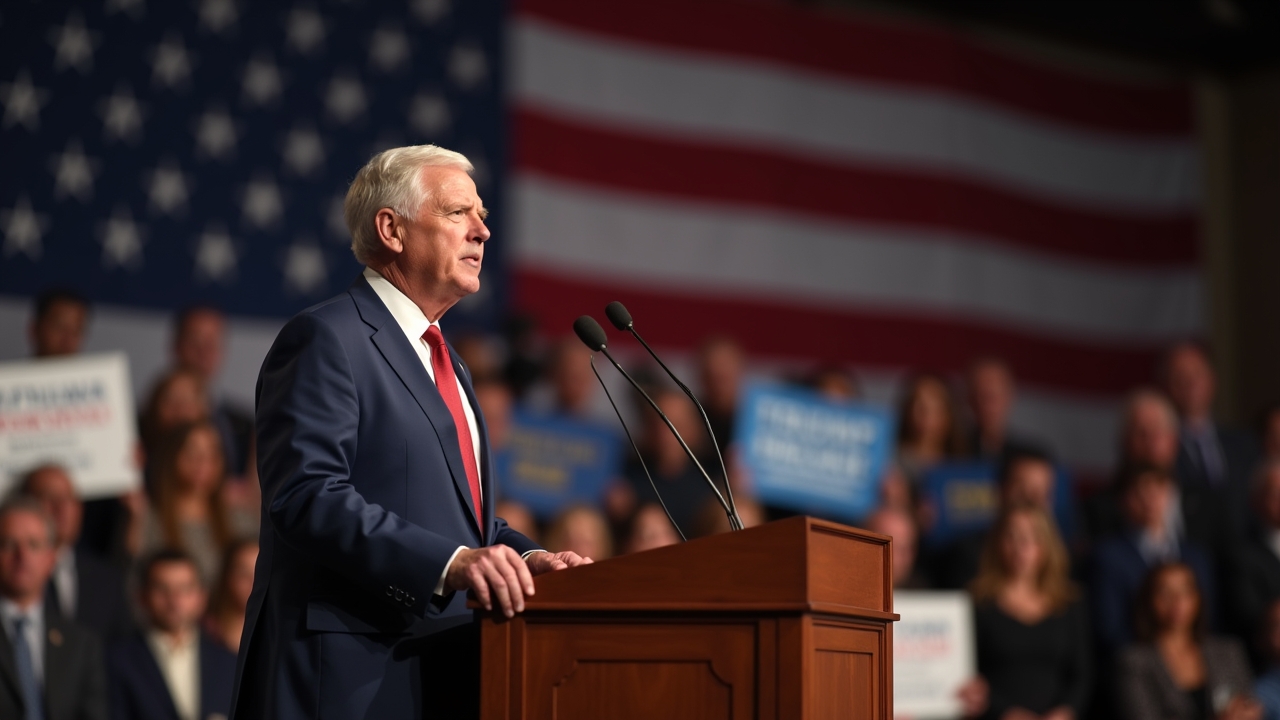











.jpg)






 English (US) ·
English (US) ·  French (CA) ·
French (CA) ·